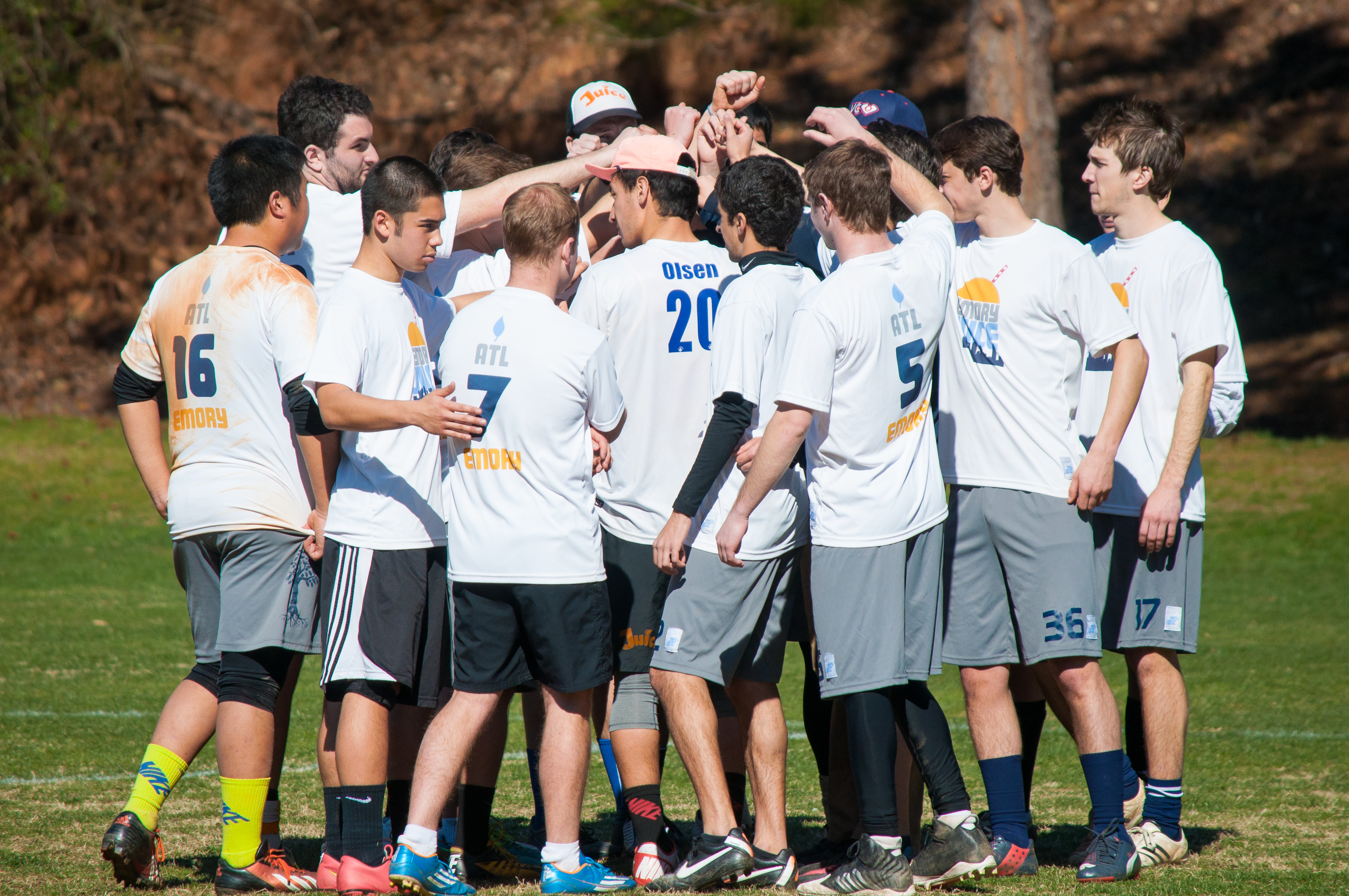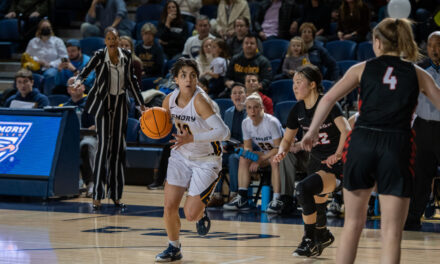Since 1998, Emory men’s and women’s swimming and diving Head Coach Jon Howell has helped establish Emory as one of the best programs in the NCAA Division III. Over his 21 years at Emory, Howell has led Emory to a combined 41 top-10 finishes at the National Championships and has won several coaching awards. He has also won 11 National Championships during his own swimming career.
For each of the past 10 years, Howell and the women’s team won the NCAA Division III National Championships. Howell has thrived as head coach and has developed the program into a national swimming powerhouse. He has also led both teams to University Athletic Association (UAA) titles every year that he has coached and in 2015, Howell received the National Collegiate and Scholastic Swimming Trophy for his excellence in coaching. The Emory Wheel spoke to Howell about his coaching career and how he got to where he is today.
The transcript has been edited for clarity and length.
Jessica Solomon, The Emory Wheel: Looking back, how does your first season [coaching] compare to this past season? What changes or differences have you noticed throughout the years?
Jon Howell: Well, this is my 21st year at Emory, so it’s obviously changed pretty significantly during that time in a lot of different ways. When I first came to Emory, the men had never won a UAA Championship and the women hadn’t won in several years. We hadn’t been top 20 at Nationals in several years. It was a different place and a different time. Even during that first year, I had a really motivated group and a great group of kids, so the goal was to build on that, and we’ve been fortunate to have some success along the way.
TEW: As a coach, what do you value most in terms of coaching techniques or practices?
JH: I think what I value most are the people within our program. We’re really fortunate at Emory to attract a great, motivated group — people who are really excited to push the envelope both in the pool and in the classroom. So, our objective is really to provide them support and a platform where they can explore what’s possible. I think in terms of what I value, I really like being apart of that process and helping support them along the way.
I think our culture and the community support everything we do. That’s one thing that has remained constant in all the years I’ve been here. They’re a group that learns from each other; they support each other and they inspire each other. Without that close community, I don’t think we could do what we do. I think our success is really based on the people in that community more than specific training practices.
TEW: It’s very clear that the swim and dive program is very sound. What do you believe has led to this success?
JH: I think we’ve always valued getting better and exploring not only what is possible within individuals, but also as a Division III program. It’s been fun for us as we’ve consistently gotten better over the years, so we continue to do that. I think we’re at a point right now where, when we move forward, we’re moving forward in a path that really is unique, and we’re doing some things that I think nobody else has done. It ends up being a fun place to be, and I think it’s exciting for the kids that we have too.
TEW: What have been some of your favorite moments, seasons or highlights from coaching?
JH: I think it’s normally the small breakthroughs along the way. Things like our first U.S. Olympic Team Trial qualifier, our first swimmer to swim a U.S. National meet, our first Rhodes Scholarship applicant and our first U.S. National team member. Some of those things that we’ve really worked for and sort of breaking through those traditional barriers and seeing that progress. That, for us, is really how we step forward. Somebody breaks through a barrier and all of a sudden it opens the possibility for the next group coming forward. It moves the bar a bit.
TEW: What do you, as a coach or team, hope to accomplish by the end of the season?
JH: We’re really just focused right now on the process and moving forward. We’ve done a lot of great training, and we’re trying to fine-tune that to see where that’s going to take us. This also is an Olympic Trial year, so the hope is that we will have a group of trials. One of our alums has a pretty good shot of making the U.S. Olympic Team. So those are things that I look forward to moving forward.
TEW: If you could pick one word to describe Emory, what would it be and why?
JH: I would say excellence. That’s the reason I’ve stayed here as long as I have. I think Emory’s a place where it brings people in that are pursuing excellence, but it really has also supported excellence. There have been a couple Emory presidents that have talked about courageous leadership and what can be done with that, and I’ve always thought of that as a great way of approaching things. I really appreciate that this is a place that has continuously supported excellence and allowed me to think outside the box in terms of what we’re doing.
TEW: If you could give any advice to your younger coaching self, what would it be?
JH: I think that it’s a constant learning process. When I was younger, I thought I had things figured out. The older I get, the more I realize I’m still exploring and trying to understand more. So that would probably be where I fall.
Jessica Solomon (she/her) (23C) is from Bethesda, Maryland, majoring in neuroscience and behavioral biology and minoring in neuroethics on a pre-med track. Aside from being a managing editor, Solomon is an Emory tour guide and is on the club volleyball team. She loves everything Washington, D.C., even if that means mindlessly supporting every DC sports teams.





